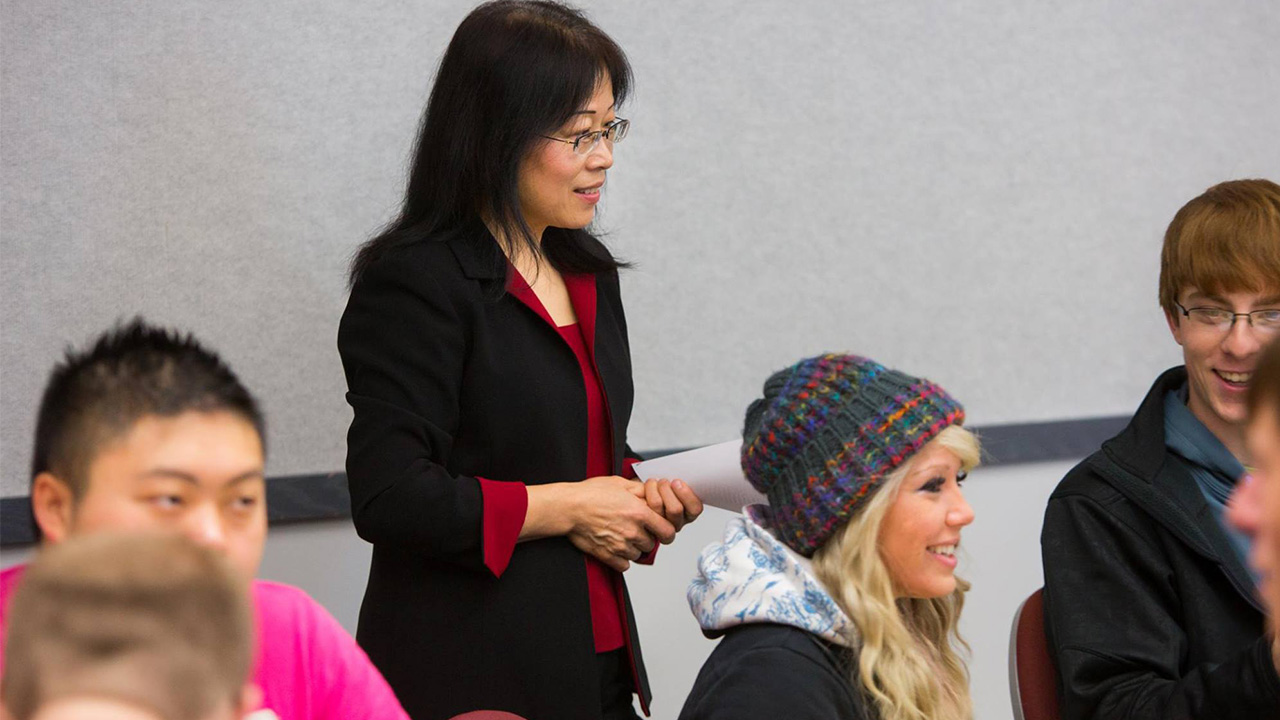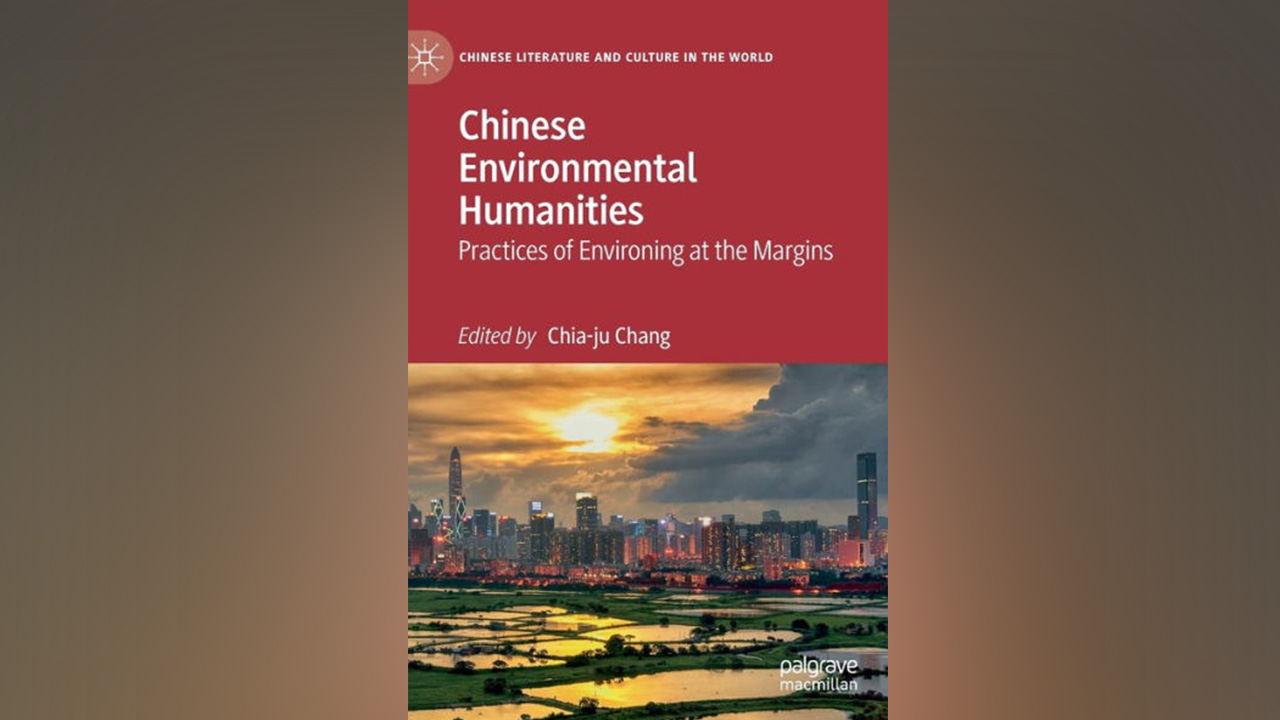

Dr. Dong Isbister, associate professor of women’s and gender studies at the University of Wisconsin-Platteville, and two co-authors recently wrote a chapter in the book “Chinese Environmental Humanities: Practices of Environing at the Margins,” published by Palgrave Macmillan in August.
In the chapter “Blurred Centers/Margins: Ethnobotanical Healing in Writings by Ethnic Minority Women in China,” Isbister and the two co-authors focus on writings by ethnic minority women in China – with special attention to the connection between healing and the vegetal world in the changing social and natural environments in post-socialist China.
The co-authors examine “Herbs Living in the Body” (2012) by the Tujia writer Chen Danling and “Snow Lotus” (2012) by the Hui writer Mao Mei to articulate how ethnobotanical healing addresses questions of margins and centers in post-socialist China. They explore the ethnobotanical in the distinct ways that it blurs the concept of margins and centers in geopolitical terms and argue that the ethnobotanical serves as a source of connection among the environmental, corporeal and spiritual, and is central to processes of physical or spiritual healing.
“People in various cultures make connections between healing and the vegetal world,” said Isbister. “Nature abounds in plants that treat or cure ailments or diseases, as in the case of roses being used to alleviate menstrual cramps among the Tujia people in China. Simple practices like this, in theory, help humans consider human-nonhuman relationships in a nonhierarchical manner, because the vegetal world unquestionably helps sustain human life.”
Isbister noted that faculty scholarship contributes to the quality of student learning and has positive impacts on student research. “It also demonstrates faculty members’ commitment to instructional and institutional goals and missions beyond the classroom,” she said.
Her scholarship will inform her curriculum development and teaching too. “This collaborative research and writing project will be particularly relevant to curriculum and program changes on campus,” she said. “For example, my scholarship in environmental studies and humanities in recent years will be useful for the new environmental science major and courses with an interest in human-nonhuman relationships. Another example is the new book chapter will be taught at Brooklyn College-City University of New York in spring 2020.”
Chapter co-authors include Isbister; Dr. Xiumei Pu, assistant professor of environmental studies at Westminster College in Salt Lake City, Utah; and Dr. Stephen Rachman, associate professor of English at Michigan State University in Lansing. The book was edited by Dr. Chia-ju Chang, professor of Chinese at Brooklyn College-City University of New York.
“Collaborators bring their strengths and expertise to a project for which they have shared passion, enlighten one another and contribute to interdisciplinary research collectively,” said Isbister.